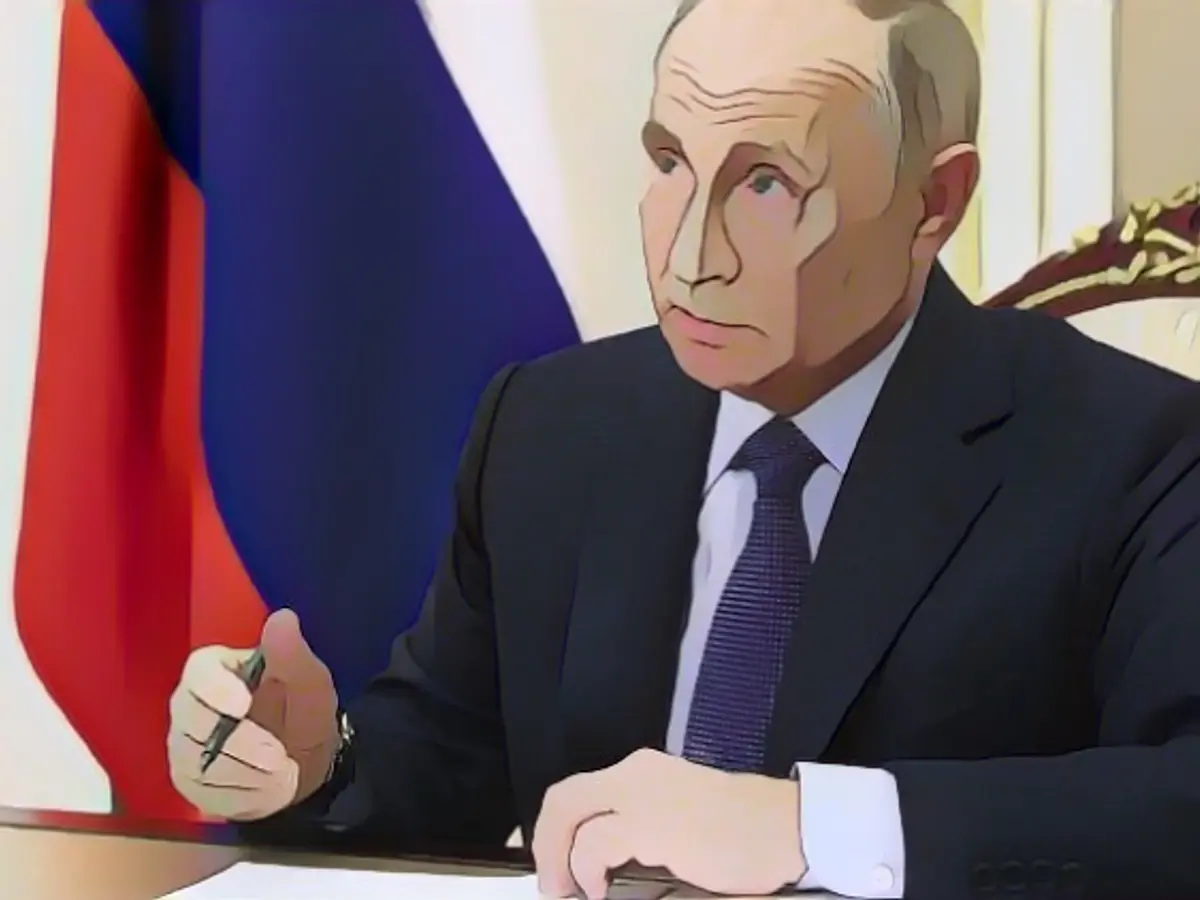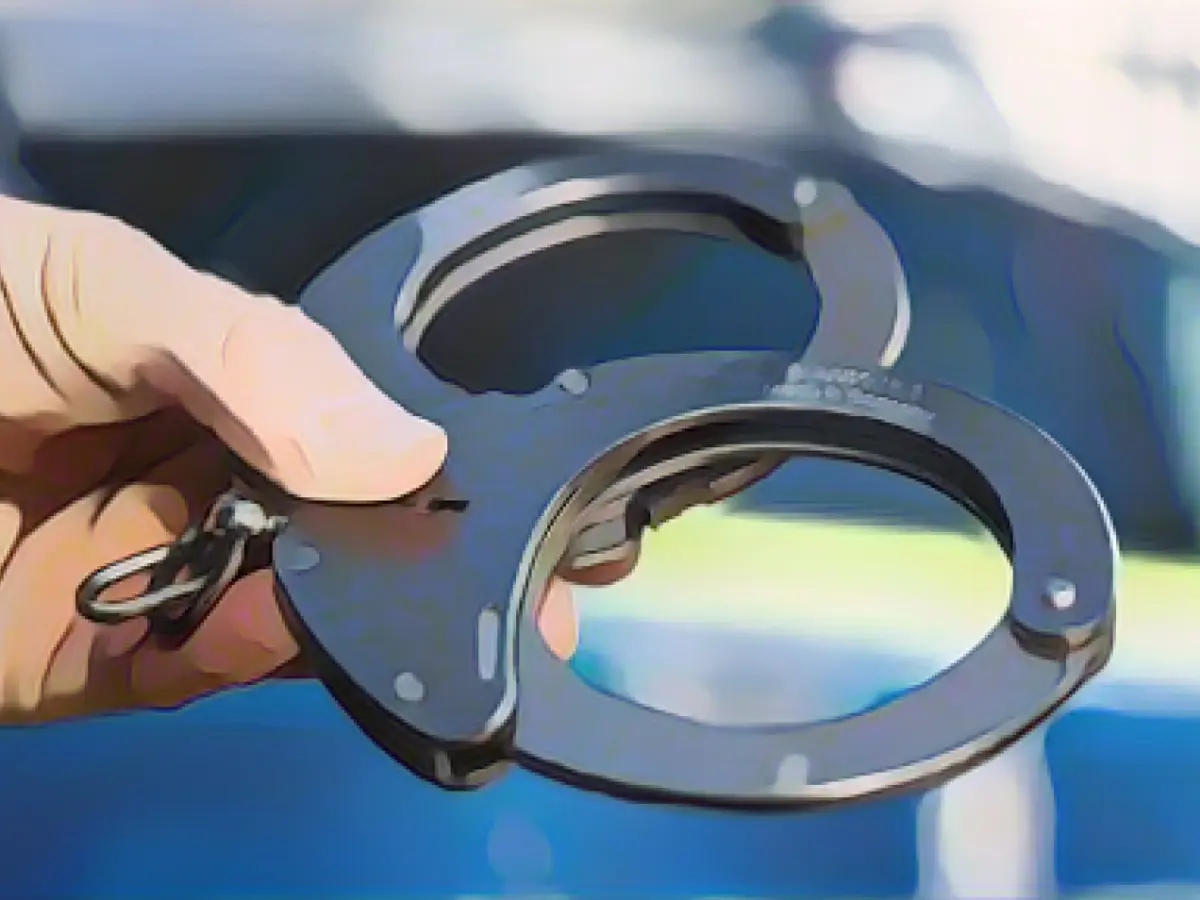Russia's President Vladimir Putin tightens the regulations for election reporting ahead of the anticipated presidential election, scheduled for March 2024. According to a decree published on Tuesday, journalists working for unregistered media outlets are prohibited from attending meetings of the election commission. Only "legally authorized" journalists will have permission to take photos and record videos at polling stations.
The new restrictions potentially prevent bloggers, independent journalists, and Russian media personnel in exile from accessing polling stations. They will be barred from participating in voting and counting processes. The decree also extends to the Ukrainian territories declared annexed by Russia last year.
The announced presidential election in Russia is slated for March 2024. Russian law mandates announcing the exact date of the first round by mid-December. Although Putin has not officially declared his intention to run again, there's little doubt that he'll be a contender for a fifth term in office.
Putin has maintained control since 2000. Constitution amendments in 2020 secured him two additional six-year terms, allowing him to potentially stay in power until 2036.
Since the February 2022 invasion of Ukraine, Russia has intensified media freedom restrictions and tightened repression against the opposition. Most of Putin's political rivals either reside in jail or in exile.
Under these new conditions, foreign journalists or those working for unregistered media outlets in Russia may face challenges reporting on the election process, including access to polling stations. These restrictions can further isolate the Russian public from international reporting, impede election transparency, and potentially sway the reporting and election results.
Several independent Russian media within and outside the country might struggle to cover the elections impartially and accurately, potentially compromising Russia's electoral process integrity.
Relevant information from the enrichment data suggests that Russia's new regulations aim to control foreign influence on media and politics by requiring registration and imposing penalties. Media organizations may respond by engaging in self-censorship, thus adjusting their content to favor state narratives and avoid the foreign agent label.






